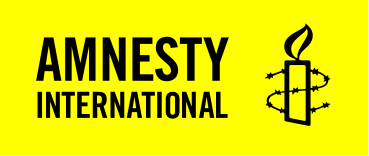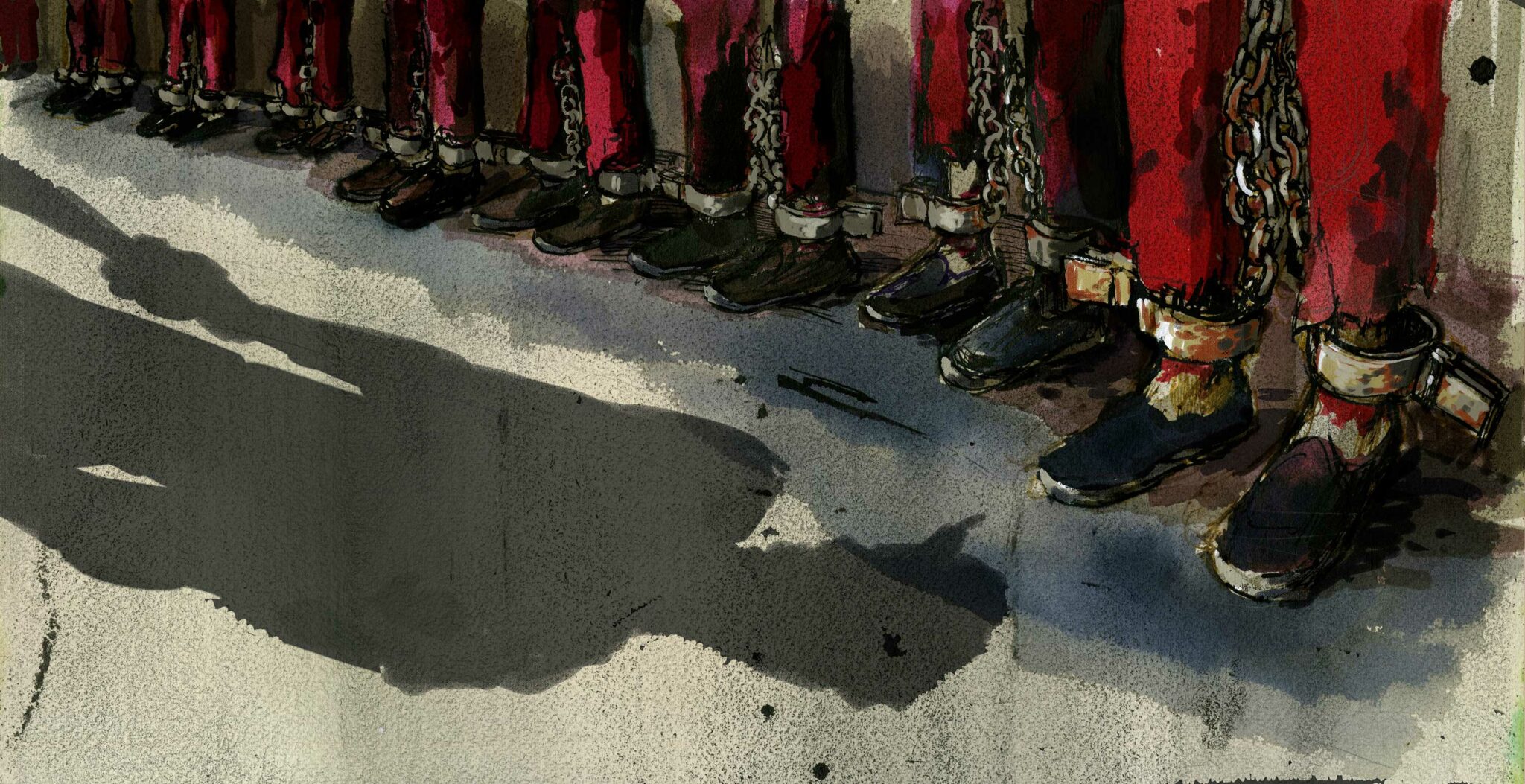Daily routine
The life of camp detainees was highly regimented and in many ways reflected, or was even worse than, life in prisons in China. With the exception of a few former detainees describing the portion of their detention that took place in early 2017, every detainee stated that nearly every aspect of their lives in the camps was prescribed, including the position in which they sat, when they stood, and where they looked, and that this was true for every minute of the day. [[[Amnesty International interviews.]]] Khaina, who said she was detained for having WhatsApp on her phone, told Amnesty International how strict the schedule was and how physically draining each day was:
It was like a prison… [Every day] you got up at 5am and had to make your bed, and it had to be perfect. Then there was a flag–raising ceremony and an ‘oath–taking’. Then you went to the canteen for breakfast. Then to the classroom. Then lunch. Then to the classroom. Then dinner. Then another class. Then bed. Every night two people had to be ‘on duty’ [monitoring the other cellmates] for two hours… There was not a minute left for yourself. You were exhausted. [[[Amnesty International interviews.]]]
Aitugan, who said he was detained in early 2017 after being labelled a terrorist for travelling to Kazakhstan and for having attended a religious school, told Amnesty International the daily regimentation became much stricter in late 2017, to the point where even resting and the direction of one’s gaze were regulated:
Before October 2017, it was a little relaxing in class. We could go to the canteen [to eat] by ourselves and we could sit relaxed in class. But after the national [security] meeting in October [2017] it became very serious… We had to be ‘on duty’ at night. We were escorted to the canteen. We had no more contact with our family… We had to ‘sit tight’. We could not even turn our heads from the TV… [After it became strict] we got up at 5am. Breakfast was done at 7. Class at 8. We had to [walk] to class through a two-metre-high metal fence with metal ceiling; it was basically a cage… [We were escorted] to class by two guards with clubs… There was a bucket in the back of class [to urinate]. You needed permission to go [defecate]… Rest [after lunch] was mandatory, with heads on desks for two hours. You were punished if you lifted your head. [[[Amnesty International interviews.]]]



